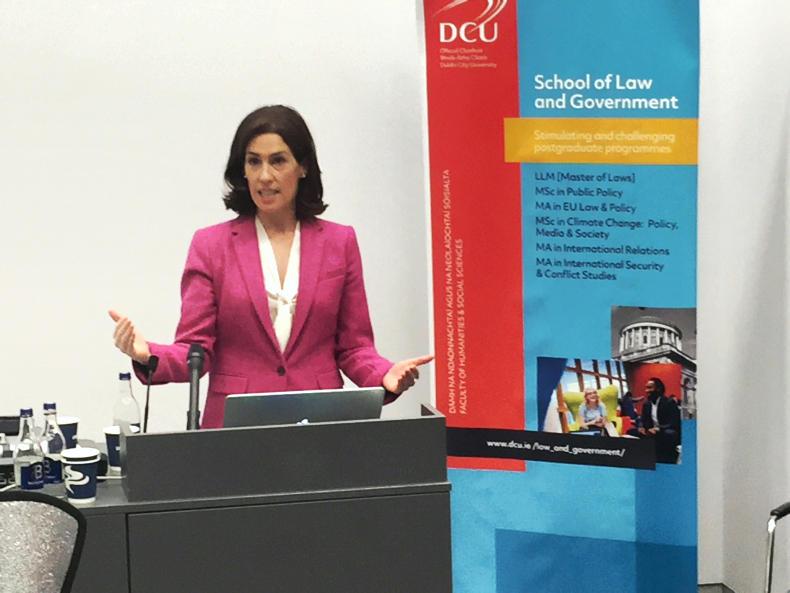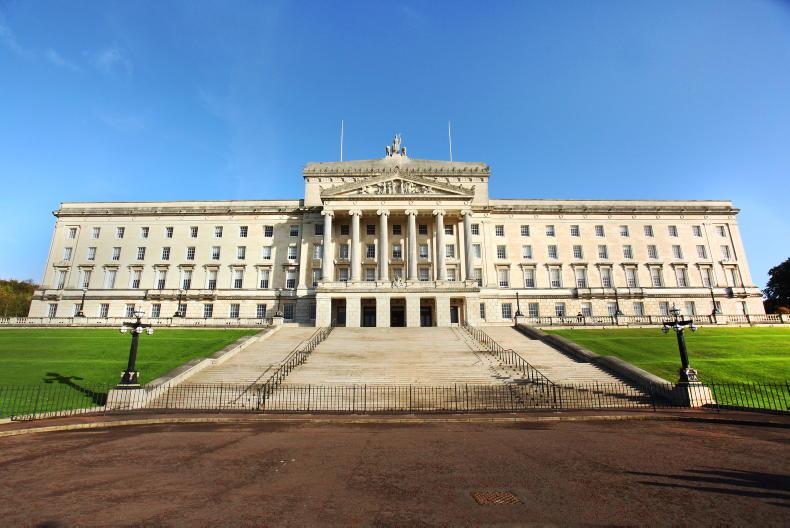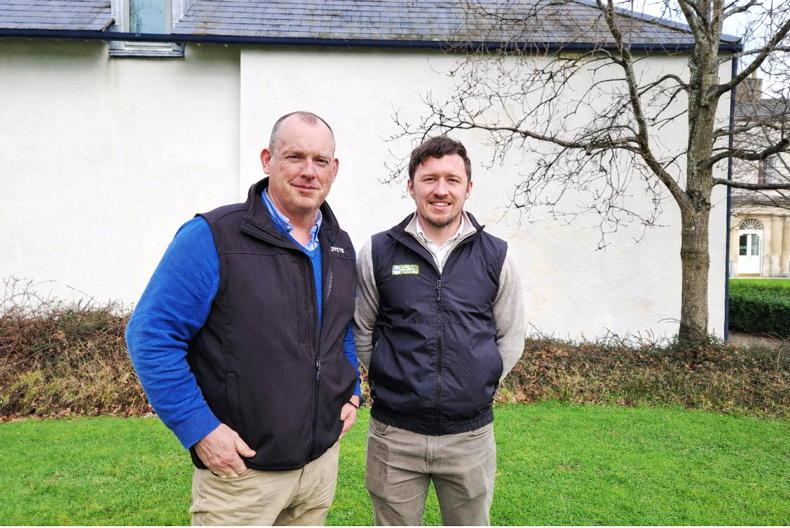The Oireachtas all-party committee on climate action has yet to decide whether to recommend a climate tax on livestock and a specific greenhouse gas emission target for agriculture, but will protect Ireland’s carbon-efficient agriculture, committee chair Hildegarde Naughton has said.
“What we don’t want is where farmers feel something is being imposed on them. We have to work with them,” the Co Galway Fine Gael TD told the Irish Farmers Journal at the recent Climate Challenge conference in Dublin City University.
Ahead of submitting its report at the end of this month, the committee was meeting this week to agree its position on agriculture, including a decision on whether to support the 2017 recommendation by the Citizen’s Assembly that there should be “a tax on greenhouse gas emissions from agriculture” whereby “any resulting revenue should be reinvested to support climate friendly agricultural practices.”
The task in the next phase of our agricultural development will be to lower emissions while maintaining and improving food productivity levels
Naughton recognised that Irish farming’s grass-based system delivers one of the most carbon-efficient dairy and beef production in Europe and represents a larger proportion of the economy than in other countries.
“Because there are no zero-emission strategies for biological greenhouse gas emissions, it creates a challenge for the sector,” she added.
“The task in the next phase of our agricultural development will be to lower emissions while maintaining and improving food productivity levels and diversifying production,” she said, highlighting the opportunities for carbon sequestration in soils and plants: “Net zero or even negative net emissions are attainable on a farm holding level.”
Deputy Naughton added that Ireland could move away from being an importer of fossil energy.
“With our agricultural sector, we have the potential to show leadership in transitioning the sector to a low-carbon model, championing innovating technologies and techniques and exporting these to other countries,” she said.
Meanwhile, the committee has already agreed to recommend increasing the existing carbon tax on fossil fuels.
The corresponding revenue should be spent on climate action or given back in a cheque to every household, she added: “Crucially, we must make certain that an increased carbon price does not negatively impact on the vulnerable in our society, such as those who are facing fuel poverty or are disproportionately affected in rural areas.”
Read more
What should farmers expect from the Climate Action Committee?
Listen: Government will set carbon target for agriculture – Minister Bruton
Are green fuels green enough?
The Oireachtas all-party committee on climate action has yet to decide whether to recommend a climate tax on livestock and a specific greenhouse gas emission target for agriculture, but will protect Ireland’s carbon-efficient agriculture, committee chair Hildegarde Naughton has said.
“What we don’t want is where farmers feel something is being imposed on them. We have to work with them,” the Co Galway Fine Gael TD told the Irish Farmers Journal at the recent Climate Challenge conference in Dublin City University.
Ahead of submitting its report at the end of this month, the committee was meeting this week to agree its position on agriculture, including a decision on whether to support the 2017 recommendation by the Citizen’s Assembly that there should be “a tax on greenhouse gas emissions from agriculture” whereby “any resulting revenue should be reinvested to support climate friendly agricultural practices.”
The task in the next phase of our agricultural development will be to lower emissions while maintaining and improving food productivity levels
Naughton recognised that Irish farming’s grass-based system delivers one of the most carbon-efficient dairy and beef production in Europe and represents a larger proportion of the economy than in other countries.
“Because there are no zero-emission strategies for biological greenhouse gas emissions, it creates a challenge for the sector,” she added.
“The task in the next phase of our agricultural development will be to lower emissions while maintaining and improving food productivity levels and diversifying production,” she said, highlighting the opportunities for carbon sequestration in soils and plants: “Net zero or even negative net emissions are attainable on a farm holding level.”
Deputy Naughton added that Ireland could move away from being an importer of fossil energy.
“With our agricultural sector, we have the potential to show leadership in transitioning the sector to a low-carbon model, championing innovating technologies and techniques and exporting these to other countries,” she said.
Meanwhile, the committee has already agreed to recommend increasing the existing carbon tax on fossil fuels.
The corresponding revenue should be spent on climate action or given back in a cheque to every household, she added: “Crucially, we must make certain that an increased carbon price does not negatively impact on the vulnerable in our society, such as those who are facing fuel poverty or are disproportionately affected in rural areas.”
Read more
What should farmers expect from the Climate Action Committee?
Listen: Government will set carbon target for agriculture – Minister Bruton
Are green fuels green enough?










SHARING OPTIONS